Disaster Organizations: Can You Depend On Them?
A disaster can flip your entire world upside down and even take those you love from you. After an unforeseen emergency, you may feel you have nowhere to turn, especially during disaster recovery. But the truth is, you’re never alone. Various government agencies and volunteers are just waiting to be the helping hand you need. Here’s more information on disaster organizations and whether you can depend on them following a natural disaster.
We MUST Take Care Of Ourselves First
Here’s the deal: these organizations are available, but for the best results we must consider emergency preparedness plans for ourselves. Matt sent me a link about a possible Crippling Port Strike. Those ports bring just about everything we consider essential to survive every day. If they strike, we may be on our own for weeks, if not months. There will be shortages; it’s a fact. Let’s pray they can negotiate what they need. They are genuinely our lifeline.
You’ll be glad you’ve been stocking up on the food and water your family will eat and drink as part of disaster management efforts. There are plans you can make to reduce your vulnerability and help you and those you love become disaster survivors. Please keep your gas tanks full as often as possible. If you have a list of odds and ends you need, you may want to go get them now. Mark and I are still trying to catch up on the condiments after the move into our new small home. It’s 1000 square feet, but it’s working out great for the most part.
This is a gentle reminder to be kind to our truck drivers on the highway. Please don’t cut them off and let them pass you to help them get where they need to be. They are the people who drive through wind, snow, ice storms, etc. It’s not an easy job and we all rely on the delivered goods from farmers, food packagers, and other suppliers.
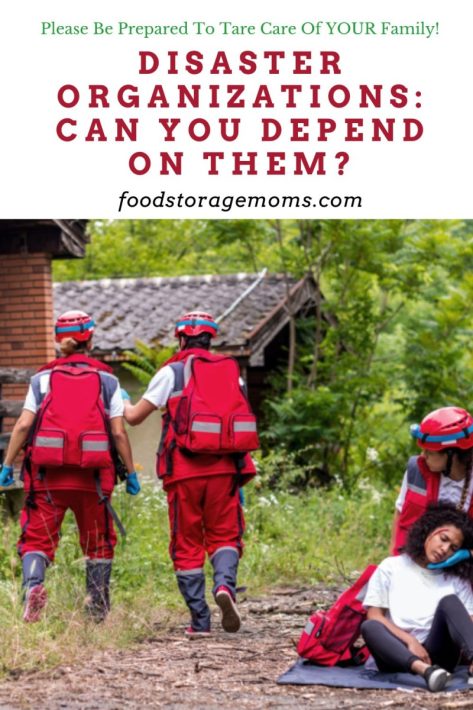
Disaster Organizations: Can You Depend On Them?
To keep this short and straightforward. Yes. There are many disaster organizations that you can turn to if your area is ever faced with major disasters needing emergency response teams. They could also use your help in recovery if you’re willing and able. The only reason you wouldn’t be able to depend on any of these agencies is if something significant had happened on a broader scale and they become overwhelmed. Fortunately, the chances of this happening are relatively low. But that can change in an instant.
Natural Disaster Relief Organizations
Several disaster relief organizations provide citizens with healing and different recovery assistance, depending on their circumstances. Whenever a disaster takes place, these are among the first natural disaster relief organizations to respond that you can turn to.
AmeriCares
Whenever a disaster strikes a particular community, AmeriCares helps provide medical supplies and personal assistance to local hospitals and local governments, saving more lives. The organization’s three main objectives regarding a natural disaster are to be ready, respond, and recover. This means they stay there until that area’s health system is back on track and recovering. Applying disaster preparedness efforts takes all of us. These people are there to make sure recovery efforts are as successful as possible.
SBP
SBP came about not long after the destructive aftermath of Hurricane Katrina. Its primary purpose was to reduce the time between the recovery process and the initial disaster. The organization has the help of thousands of AmeriCorps volunteers who work together to rebuild efficient homes for families following a disaster and do so far below market price for the costs involved.
The National Organization for Victim Assistance (NOVA)
A disaster is a traumatic event that some people have a harder time dealing with than most. The NOVA teams have been specially trained to help people struggling after experiencing a natural disaster or mass shooting.
Earthquake Relief Organizations
UNICEF
UNICEF deals with both domestic and international emergencies. Recently, it has helped victims of earthquakes in places like Japan, the Philippines, Nepal, Haiti, Ecuador, and Mexico. This humanitarian relief organization helps meet short—and long-term recovery needs, such as food, water, shelter, and healthcare. It will even provide mental counseling for those struggling to get back on track.
Flood Relief Organizations
Team Rubicon
Team Rubicon was founded by two Marines who saw a huge need to help families following natural disasters. The organization also assists veterans in transitioning back into civilian life once their service has ended. Its team comprises a mixture of military veterans, medical professionals, and first responders. Team Rubicon has assisted in over 80 flood-related disasters and responded to situations that most other disaster relief organizations have considered too dangerous.
Faith-Based Disaster Relief Organizations
The Friendly Disaster Service (FDS)
It doesn’t matter your faith, race, or ethnicity; the Friendly Disaster Service is there every step of the clean-up and rebuilding process. They will work hard to help older people, low-income families, people with disabilities, and the uninsured following a natural disaster. While they may not have all the building materials or other resources needed, they will look to other relief organizations for help to ensure that your needs are addressed.
Samaritan’s Purse
Samaritan’s Purse is a Christian non-denominational organization that provides physical and spiritual aid to victims of natural disasters, famine, poverty, and war. It also has women’s support programs and helps provide construction projects and clean water to certain areas of the globe.
Nechama
Nechama is a Jewish relief organization that provides response and recovery services, including helping people be prepared for any natural disaster. They train their volunteers to assist disaster victims and also how to help with the clean-up process. Whether it’s removing debris, cleaning and sanitizing homes, replacing flooring, or hanging sheetrock, they are there to help.
Children’s Disaster Services
The CDS is there to help children who have dealt with a traumatic experience due to a disaster. They come in and work in shelters and other disaster assistance centers, helping children find the reassurance and attention they need.
International Disaster Relief Organizations
There are also many recognizable international relief organizations out there. Some of them you’ve probably already heard of. Here are just a few of them:
All Hands Volunteers
In the last 15 years, All Hands Volunteers have helped over 1.1 million people around the globe. They’ve helped to rebuild infrastructure, schools, and homes, helping those with short and long-term needs. As a nonprofit organization, they are looking for monetary donations to assist in their coordination efforts to help provide public health support and hazard mitigation during major disasters.
The American Red Cross
The American Red Cross has been there repeatedly to help people and families who have dealt with a natural disaster or other types of humanitarian crises. They have eased the suffering by providing shelter, food, and clean water, as well as clothing, first aid, medical supplies, and home repairs, among many other services. We are all also aware of their blood donations services that save thousands of lives every year.
The Salvation Army
The Salvation Army is one of the most well-known relief organizations in the world. It helps to feed starving men, women, and children, aids in search and rescue missions, provides temporary housing, provides counseling, and distributes other crucial resources.
Government-Sponsored Emergency Relief Organizations
Probably the best known federal government organization is the Federal Emergency Management Agency (FEMA). Their trailers are often the first on-scene examples of the government jumping in provide disaster response as part of their federal assistance efforts.
There are times when the United States Department of Agriculture will help coordinate various other government agencies to help the farming communities overcome the effects of drought, wildfires, and even man-caused disasters affecting the food supply for the country.
Often the governor of a state will make a declaration such that state and local governments will jump in to provide aid during tornados, hurricanes, wildfires, earthquakes, and severe storm situations. They work together to provide emergency responders to handle the situation. That often takes the form of the National Guard working with local authorities and agencies to remediate.
In case you missed these posts:
- 35 OTC Medications You Should Store
- 30 Items You Need To Survive A Pandemic
- 30 Pioneer Skills We Cannot Lose
Final Word
Disaster organizations are something that I would strongly recommend you seek out if you don’t know where to turn. These are just a few disaster relief organizations you can turn to if a significant natural disaster sets you and your family back. Can you think of other organizations I’ve failed to mention that deserve recognition? I’d love to hear from you so I can share your ideas with my readers. May God Bless this world, Linda.
Copyright Images: Volunteers Deposit photos_172577224_s-2019, Rescue Team Depositphotos_178854876_S By Microgen

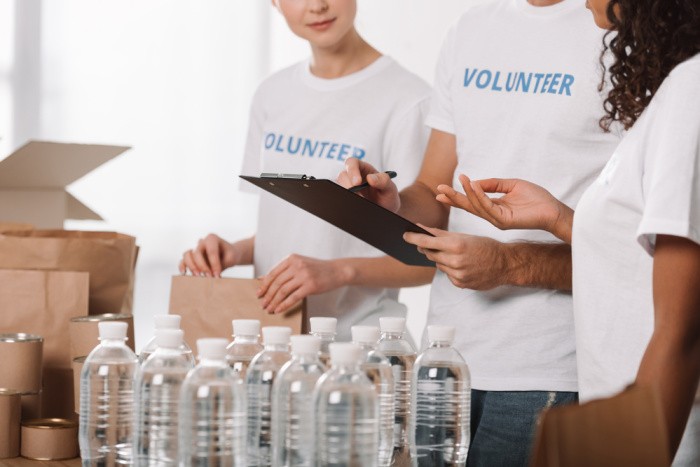

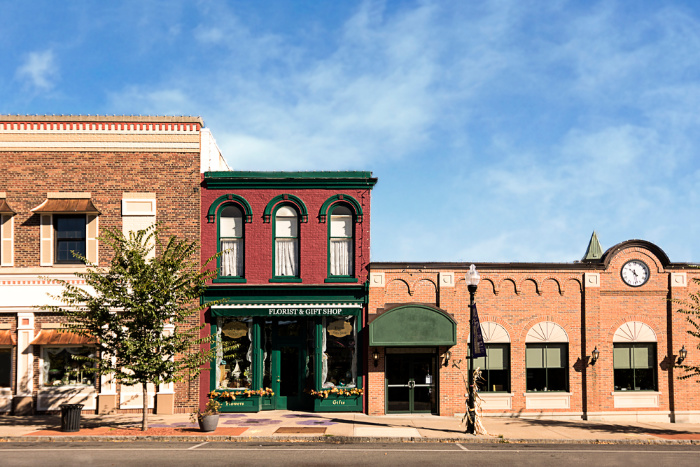
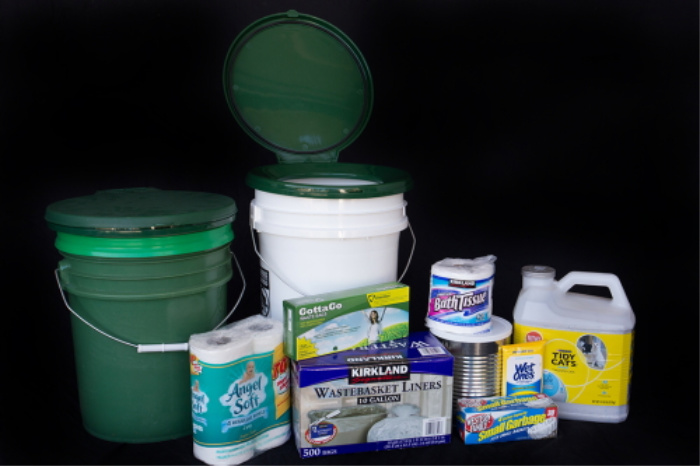
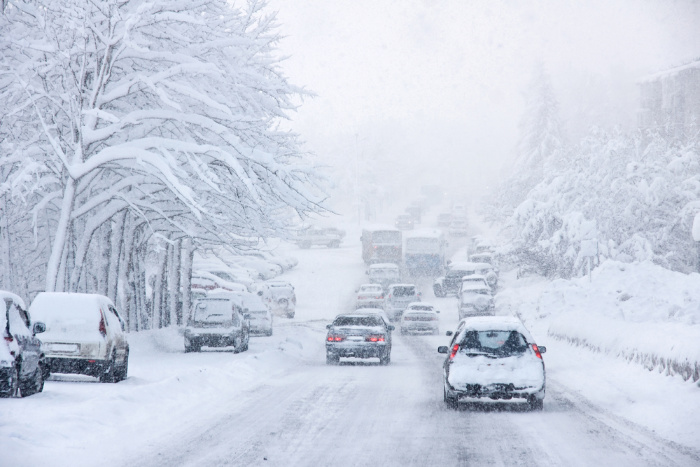
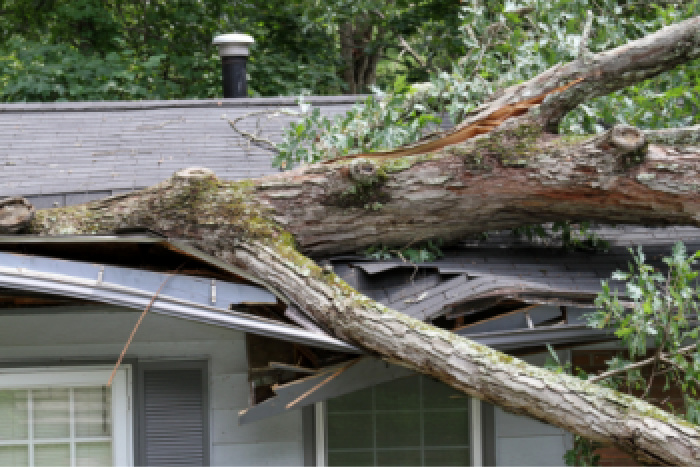
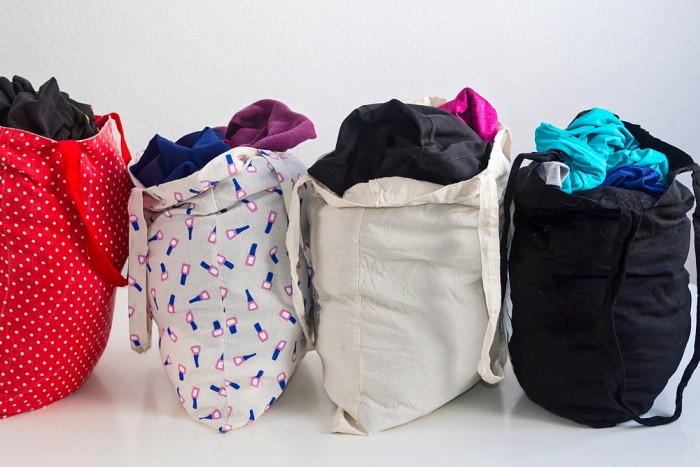
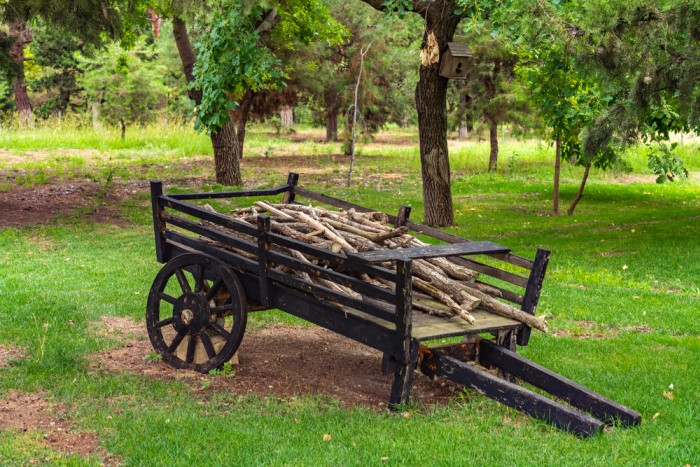
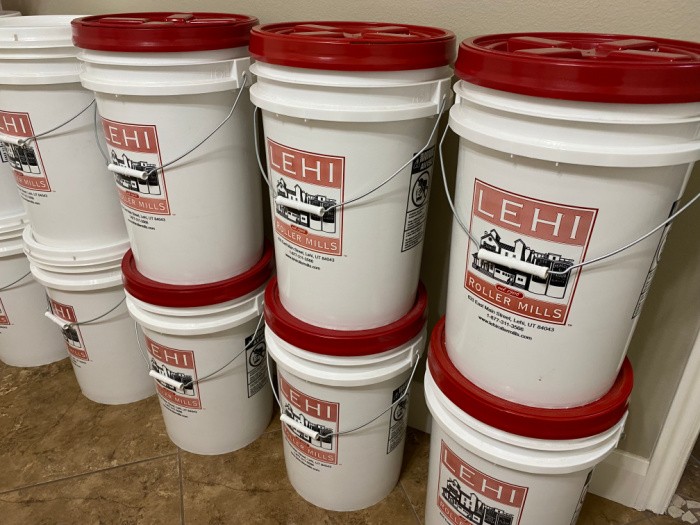

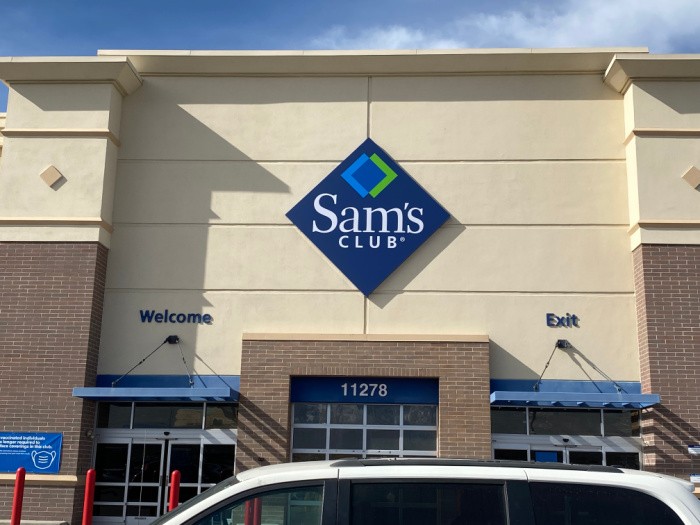
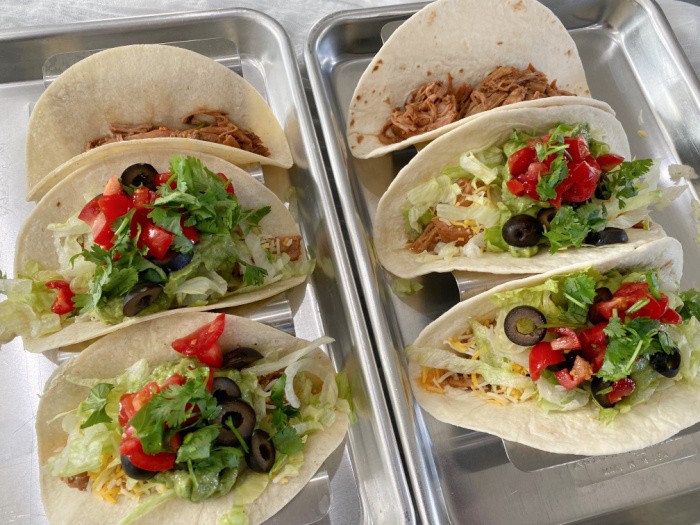

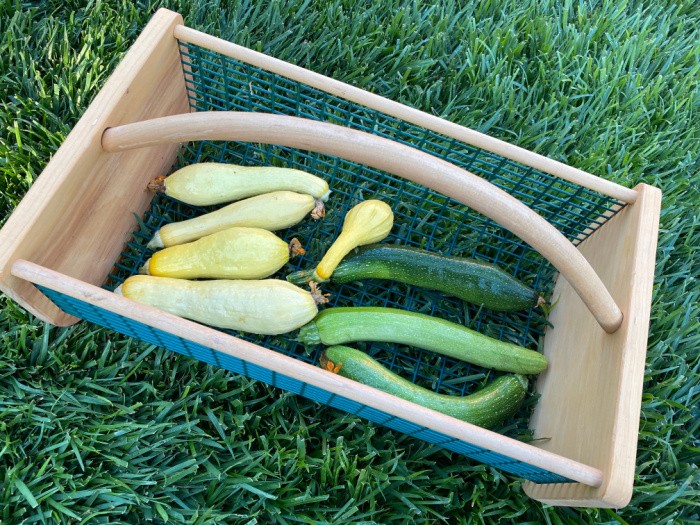


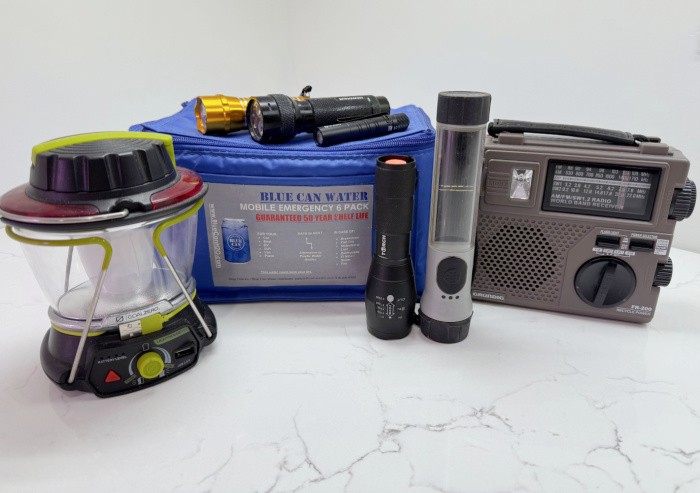
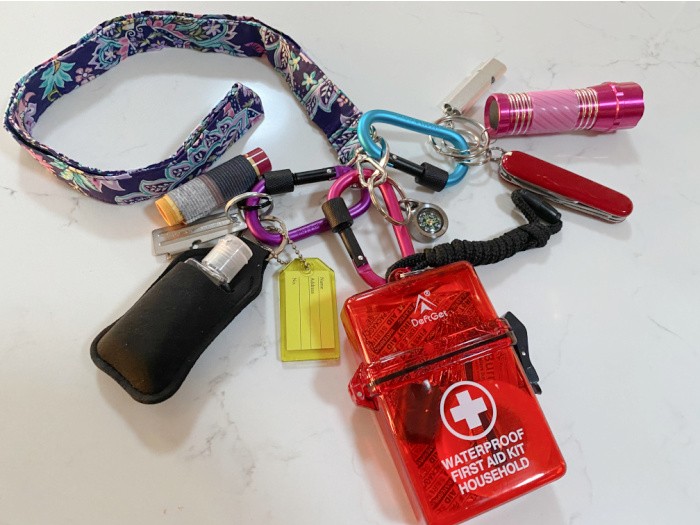



Hello Linda, these relief organizations are very good especially Samaritans Purse! FEMA is also a really good disaster org! If people would actually read fema’s website, there is a wealth of information in there that will help with not only prepping but everyday life. Thanks for bringing these important organizations and what they do to light!
God Bless and stay safe…
Hi Bill, oh, I love hearing Samaritans Purse is really good. We don’t all have the opportunity to see ALL the disaster organizations in action. FEMA is also a good one. I tried to share some that people may not have heard of before. Thanks for your kind comment! Linda
They are good. The ARC gets some bad publicity but they’ve helped me and mine several times.
I don’t count on them though. If I go into like a tornado zone to assist I take my own resources aka go bag so I’m one less strain.
You can only count on you and you’ll only have what you have on hand.
Everything else that shows up is just a bonus.
Hi Matt, I don’t count on anyone for my family. I love hearing good comments on ARC because I know they do help a lot of people. But, where we live we have very few disasters. We do have occasional flooding, but if we have an earthquake, or at least a large earthquake could possibly use some help if we survive it. I love your comment, “You can only count on you and you’ll only have what you have on hand”. Everything is a bonus! I love it! Linda
I don’t want to depend on any organization. I try to only depend on me and mine. I’d rather be the helper than the needy.
As for government help. Nope, not gonna happen. This is just me. I’m stubborn and hard headed.
Hi Deborah, this is why we need to be neighbors! We are so much alike! Love you, girlfriend! Linda
Love you too, Linda!
I agree with Matt. While there are many decent organizations out there helping people though localized disasters, it is best to only depend upon yourself. And by being prepared, you are not a drain on scarce resources when others nearby are in need.
Hi Ray, I have to agree with you as well. Thank goodness some of us are self-reliant and only use those resources when absolutely needed. I got you book, I love it! Linda
Having worked through a flood disaster in several NW Indiana towns, we found communities really do come together to assist. United Way organized Non Profits, Businesses, & Volunteers to muck and gut flooded homes. Volunteers came from local Churches and businesses: Home Depot, Wendy’s, Lowes, Target, BP, Arcelor Mittal, several Banks, and local Casinos to name a few. FEMA and the Green Shirts came to register flood survivors.
We have several Universities and Colleges, they also organized groups to come out an assist. We loved the Police, they checked homes for people and pets. They also were there to stop thieves going into damaged homes and more so to catch those coming in to ‘do repairs’ at extremely inflated prices. Flood buckets came for residents from several states through The Church of Jesus Christ of Latter Day Saints (who also sent money to our local FoodBank). After the mucky and gutting came the rebuild, this took 3 years and many donations and volunteer hours. United Way matched every dollar donated, which everyone should know monies donated to UW ‘stay’ in their community, not put into a general fund to be distributed wherever. Churches also provided lunches for workers. Wendy’s donated gift cards also for meals for the volunteers. Yes, in a disaster we all need help from others but FIRST, we, our families need to ‘be prepared’ & to practice self reliance, so we not only take care of ourselves but then have the freedom and resources to help others.
Hi Chris, I totally agree we need to practice self-reliance for ourselves and then to help others when needed. There are so many organizations that I felt strongly they needed a shout-out, thank you for adding the ones above. It’s nice to know there really is good in the world today. The news shows the negative as well as social media. Some days I do not turn the news and I scroll really fast past rude or mean items on social media. Life is good! Linda
I’ve not always heard good things about the Red Cross, i.e., money/financial aspects. However, when the TCID canal breached in Fernley, NV in 2008, Red Cross was immediately there helping all those hundreds of people flooded out of their homes. I did hear a “rumor” that they were charging people for the meals they were making/serving but I never verified that. Luckily, here in Reno/Sparks area, we have very few disasters; occasional flooding from the Truckee River and massive amounts of snow, although the latter hasn’t happened in a very long time. We’ve always been prepared unless we’re displaced from our home. I don’t worry too much because we are prepared. I do, whenever possible, make extra monthly donations to disaster relief on our tithing forms. I honestly belief that the LDS church does the best at distributing assistance in all forms to all walks of life. I feel they’re definitely safe! ;o)
Hi Robbie, I’m glad you are in somewhat of a very safe area. We get flooding sometimes as well. Or fires. I see bottles of water and bags or boxes of food handed out to people on TV, luckily I have never needed it. Great comment, Linda
I have got some good information from CERT (Community Emergency Response Team) which I believe is at the local level. I am looking into joining our local organization but need to learn more. FEMA has a lot of good info but in a real, REAL SHTF scenario I don’t trust the government or FEMA. Thanks for this site Linda.
Tom, I agree with you on FEMA. When my sister was flooded out by a hurricane on the Texas Coast, FEMA didn’t help at all. Maybe it was because it was on thenTexas Coast. I don’t know.
Hi Tom, thank you for your kind words. It’s so funny Tom, Mark, and I tried to get more neighbors to do the CERT course with us. We could only get 3 other people to do it. It’s really interesting, we’re not EMTs by any means, but we learned a lot of things. The three things I liked the most was walking into a large school auditorium, PITCH BLACK. They had staged it with “injured people”. We had to be ready to help the injured people with only a headlamp to see in the dark. We had to haul our “medic bag” and use it. The second was learning how to put out a real fire with a (staged) fire with the heaviest fire hose EVER. The third was a doctor who came to talk about the mental issues we could encounter. I highly recommend it. We must take care of ourselves. I won’t trust others either. We are self-reliant. Linda
Linda, that sounds like a really cool experience!
Hi Amy, It really was! I wish more people would take the classes because it teaches you so many skills. They even have yearly classes to learn more. I loved it! Linda
thing to remember about relief & disaster organizations – whether the FED FEMA or a private org like the Red Cross – they haven’t been challenged by the size and the scope of a major nationwide SHTF across the length & breadth of a populated country like the US …
even a world war like the Red Cross has participated in twice wouldn’t begin to compare – FEMA has only responded to regional disasters that are geographical small compared the whole country – and it usually has days of prior roll up due to forecasted predictions – and lastly the peacetime military has resources available to assist ….
always continue to prep – includes the post-SHTF period – take what the organizations will be providing (no entanglement situations only) >> but prep like there’s no tomorrow and there’s no help coming ….
Hi Illini, I always love your comments because they are so real!! Your last sentence is the very best: “prep like there’s no tomorrow and there’s no help coming…!” You nailed it as always! Depend on yourself and yourself alone. Linda
A group that helps out a lot in disasters is the Southern Baptist. They have a response team that trains to
help out when something happens. I was going to sign up to be trained and to help but then my knees went bad
and I can’t stand for very long so I am no help.
During the Flood of 93 it seemed like everyone helped out in our area. My sister worked for a Insurance
Company at that time and they paid their people to go to our little town just down the hill from us, to sandbag
then after it was finally over, they paid their employees to go down and help clean up the town. University kids
helped out. I was told of one person who started from a town up in northern Missouri and worked their way down
to us. They stopped at every fast food place and got donations. I think they had a car full by the time they got to
Hartsburg. So not only the people who were out of their homes but the Volunteers all got to eat, not mention the people from all around our area took food down. I think we have a good community that will help others if they can.
But it is good to know of other groups that can and will help out too.
Hi June, I have heard really good things about the Southern Baptists! I see them on the news helping before most other groups. What A blessing. I love hearing about communities pulling together to help one another. There are good people in the world, thanks for sharing. I love it! Linda
You can depend on FEMA well to show up and lie that is.
They were sure to tell the family that just lost their home that the insulation had to be removed from the tree before they would remove it. That was also a lie because FEMA doesn’t remove trees.
They lied to our first responders about “free” gear they were later billed for.
They lied about generators never received.
Matt,
Spot on! I would rather eat week old sushi than call FEMA. And, I don’t eat fresh sushi. That’s what we call fishbait in Texas.
Hi Harry, this is so funny about the sushi, I hate sushi, my family love it. Fish bait, oh my gosh I have the giggles! It’s interesting in the book that Ted Koppel wrote “Lights Out”, he had his staff try and call FEMA numerous times, they literally NEVER got through to anyone. LOL! What’s that tell us. Linda
I suppose fresh sushi would be okay if it was deep fried in a cornmeal batter. LOL!
Hi Harry, oh my gosh, now we’re talking! LOL! Texans know how to cook! Linda
Yes sir raw fish slices is for baiting or cooking.
And FEMA is for feel good press releases not doing
Hi Matt and Harry, I will never look at sushi again except for fish bait! LOL! I look at FEMA the same way. Linda
Hi Matt, oh my gosh, this is terrible. This is exactly why we must be able to take care of ourselves. Yes, we can help neighbors, but my gosh, this is a government program. WOW! Linda
Hi, Matt et al.: When I went to Puerto Rico after Hur. Maria as a first responder, I went with another organization that perhaps many of Linda’s readers have not discovered quite yet. Look up: Crisis Response International.org (or is it .com?). Anyway, we did run into FEMA on the Island, but they arrived AFTER we did. Plus, yes, our group of volunteers removed fallen trees that were on top of homes and helped clean up and clear out flooded homes. We also delivered water filters and solar lanterns, so people could function during the darkness. FEMA showed up after we had already done a lot of the work for this one location where they were rehabilitating drug addicts, who had become born-again Christians. They were in tears when we showed up with foods, as all they had left in that “house” was a little cake mix, from which they made cakes and sold slices up and down the mountain side, just to make any amt. of money to buy food. So, I cannot tell you what FEMA did or did not do in P. Rico, but I can tell you they were pretty LATE in getting to some of the people who were worst off. There were other locations where young mothers were begging to see if we brought any diapers for their babies, or any baby food or such. We did, along with a church we coordinated with brought barbecue chicken meals for free and lots of iced tea, as it ranged around 96 degrees the entire time we were there. At one convenience store (most with little left on the shelves), I even located some ground up oatmeal for babies, that I took to the elderly mother (60s-70s) and grandmother (nearly 95!) of a lady I had translated for here in Central New York, back when I was still the school district translator. Hey, if you’re not too proud to accept food that is not your normal kind, it is still healthy and easy to make! We also brought them lanterns for free, a water filter, and I added in some batteries, a topical antibiotic ointment, bandaids and other things of that kind. They were VERY, VERY grateful!! So, don’t forget Crisis Response International…a WONDERFUL crew of volunteers who hand our equipment, supplies and food for free. :-). I have even sent them clothing for babies and young children in Ukraine at the beginning of the war, before things went sideways.
There are definitely good organizations out there. Some are bad at the top but great ground people so it’s hard to even bad mouth them. I’ve not worked with yours so I can’t speak firsthand but I’m happy that good folks like yall are on the ground. I do my part but from a distance outside of organizations because well they are too peopley for me lol
Hi Matt, I know you well enough, you take care of your family and your community of friends. They are all blessed to be neighbors of yours. Linda
Crisis Response International (CRIout.com) is from the top down, a truly Christian organization where people give their money, their time, practically their life blood to rescue and counsel people who have lived through wars and disasters of all kinds around the world. You should see some of the nasty conditions/areas they are housed in, just to help others. AND they have to pay their own way for 1st Responder Training, the counseling training and their airfares, etc., but they go and go and go. It is truly inspirational to see the volunteers at work, even from the founder and everyone else on staff.
When we were in P. Rico, our team dug out a house where there was a landslide that filled in their parking area and then broke through their windows and piled stones and mud into parts of their home. We dug it all out, the guys outside cut down and removed trees that fell on the house and some of us put up a small “cabana” shelter, so the family could sit outside in the fresh air without being burnt to a crisp. There was so much more, but I cannot remember it all, as that was awhile ago! And that was only ONE HOME!! WE worked on so many during those 2 weeks!
Then, one night after dinner of rice and beans and some salad, one of my “mothers” that I had translated for here in Central NY drove 4 hrs. across broken apart P. Rico…one way just to visit me at our local HQ. I cried my eyes out, because they had a dam break and flood their town, as well as the hurricane overhead and tornadoes spinning off, heading directly for their apartment. Mom and the children were terrified, but had no where to go. She was very dear to me, and I thought she and her family had perished. So, when I got a returned phone call that they were driving to our base camp in San Juan to visit me, I cried my eyes out. It was right after someone had spoken not very nicely to me, and she apologized over and over; but, I told her “NO! My dear, sweet friend Damarys is ALIVE!! I AM so GRATEFUL!!” They were all so happy that I had brought meat sticks, granola bars and fruit bars for their kiddos, because they had barely eaten for weeks. They did tell me that they had only gotten barely any help from FEMA yet, but that the N. American soldiers had given them food sometimes, and they were very enthused about those soldiers. Yet, even after their entire area was wrecked beyond description, they still drove around the broken down bridges that had washed away, and across the split open giant gaping holes in the asphalt just to come see me for 45 mins.! WHAT A REUNION that was!! I will never forget that trip to P. Rico!! Everyone on the team was exclaiming that JESS has a “new daughter” in P. Rico…little did THEY KNOW how close we had been for years back in Central New York! I had helped that dear, little Mama even while she was near to giving birth to her youngest child in CNY!
Hi Jess, oh how I love this story, memories you will never forget and they won’t either. I have never heard of that group I’m so glad you told us about them. I love this. Linda
Hi Jess, that Hurricane Maria was the worst in Puerto Rico! I had readers living there that thanked me for teaching them to store food and water years before the hurricane. We tried to ship batteries to them and other items and the prices were out of control. We now have Cryptocurrency “friends” that have moved there to save on taxes. I told them they better take food storage and stock up on water. After a disaster it’s hard to even get there. The wealthy Cryptocurrency people are all moving there. Now the house prices are escalating. I’ve seen pictures it’s beautiful but I won’t ever get to see it. I’m staying home. Linda
Linda: Believe it or not, our organization had an entire shipload of generators and speciality equipment, along with medical supplies for the people who suffered through H. Maria, but the authorities would not let the ships unload the cargo. As a matter of fact, the mayor of San Juan took those supplies and SOLD them for extreme profit, to her everlasting shame and probably damnation! We were all so upset about that, as so many people had donated to help the P. Ricans out after such devastation.
One of the items I found most helpful while we were down in P.Rican weather was to have a small battery-operated fan. Many people were suffering with heat exhaustion, and our team (the ladies anyway) had to sleep on the 3rd floor (the hottest part) of a nursery school. I’m not sure I would have survived without the fan to keep me cool enough to sleep at night, actually since I have aFib, which can kill you when under such distress. We also kept our little fans with us on the Feb., 2024, month-long trip to Uganda. We actually took 2, and left one (and extra batteries) with our “UG family” that live outside of the city of Jinja, in the boonies, near a small town named Kibibi (CHEE-BEE-BEE).
Hi Jess, oh I remember hearing they needed fans, you are so right. I heard it was hard to get stuff delivered what a shame they didn;t get everything they deserved. Shame on that Mayor of San Juan. What a great group you are involved in, that is so awesome! I would love to go there but it’s not going to happen. Yes, indeed so many people donated to help them. and we couldn’t get the supplies to them. Linda
Linda,
When I’m choosing who to donate too I look up how much their exec are being paid and what percentage of a donation trickles down to the needy. I don’t donate to the American Red Cross because really high salaries means a lesser percentage goes to the needy.
I donate to ARC and the Salvation Army because they are run by volunteers and virtually all of a donation goes to the needy.
It’s good to learn about other good charities too, so thank you for that.
Hi Ray, it is shocking when you look at some of their salaries! I remember looking at the Boy Scouts of America when our church pushed us for donations once a year. Now they have no affiliation with the Boy Scouts for obvious reasons. Mark donates blood every month or whatever the rule is to the American Red Cross. I volunteered for the Salvation Army one year at Christmas, with the red vest and ringing the bell. I ran into a friend i hadn’t seen in years. It was a great experience. Linda